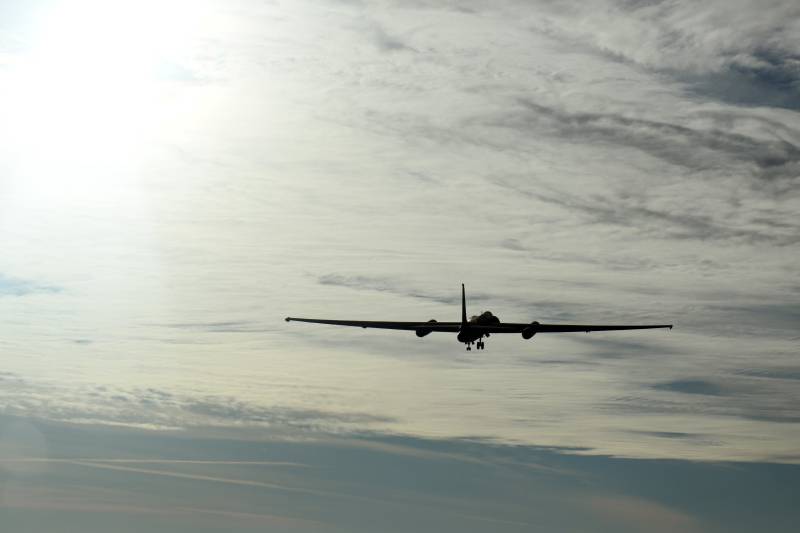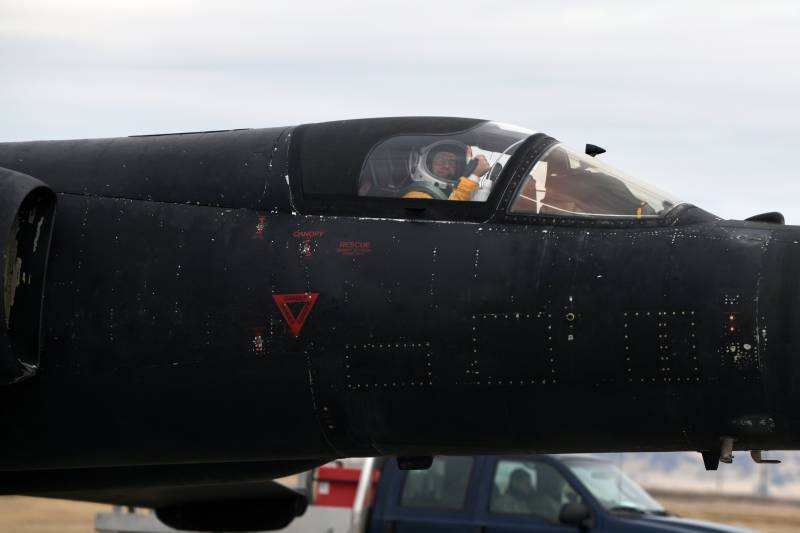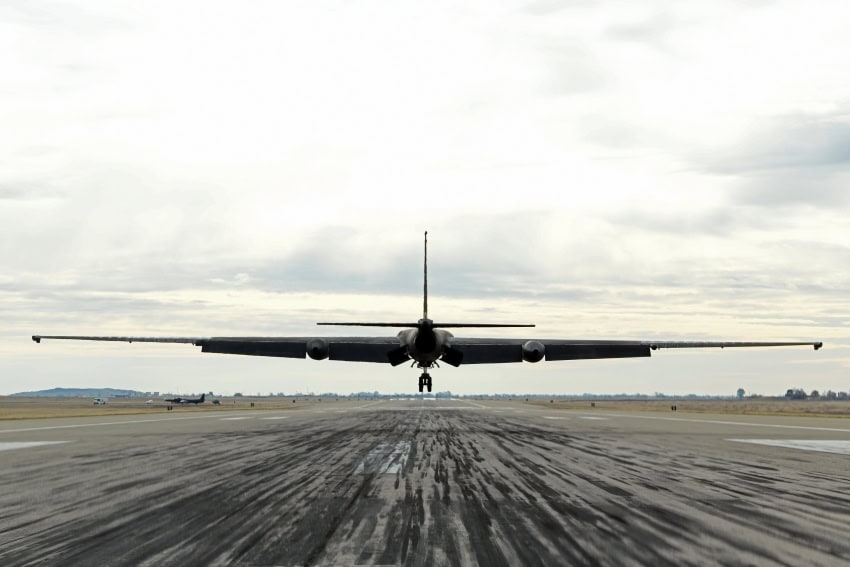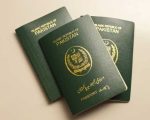BEALE AIR FORCE BASE, Calif. – The United States Air Force has achieved first military flight with artificial intelligence, signaling a major leap forward for national defense in the digital age.
In a statement this week, the USAF said it successfully flew a U-2 spy plane controlled by an Artificial Intelligence (AI) copilot in California on Dec. 15.
It was for the first time in the history of Department of Defense that an AI took flight abroad a military aircraft. Furthermore, this is a major step towards AI being deployed in warfare.
The AI algorithm, known as ARTUµ, flew with the pilot, U.S. Air Force Maj. “Vudu”, on a U-2 Dragon Lady assigned to the 9th Reconnaissance Wing at Beale Air Force Base. Air Combat Command’s U-2 Federal Laboratory researchers developed ARTUµ and trained it to execute specific in-flight tasks that otherwise would be done by the pilot.

During this flight, ARTUµ was responsible for sensor employment and tactical navigation, while the pilot flew the aircraft and coordinated with the AI on sensor operation. Together, they flew a reconnaissance mission during a simulated missile strike. ARTUµ’s primary responsibility was finding enemy launchers while the pilot was on the lookout for threatening aircraft, both sharing the U-2’s radar.
Dr. Roper, who serves as the Assistant Secretary of the Air Force for Acquisition, Technology and Logistics, said that the mission was a demonstration of ‘how completely our military must embrace AI to maintain the battlefield decision advantage’.
Want more on @usairforce's first artificial intelligence copilot and its record-breaking flight? Love @starwars? Check out my op ed in @PopMech where sci-fi meets reality! https://t.co/ty5CpQ0brP @SecAFOfficial @GenCQBrownJr @cmsaf_official @ericschmidt
— Will Roper (@WILLROP3R) December 16, 2020
The autonomous future is almost here. However, the current age AI can be easily fooled by enemies’ tactics, precisely what future warfare will throw at it.
According to Dr. Roper, the U.S. army modified world-leading μZero gaming algorithms to operate the U-2’s radar. This algorithm is so strong that it dominates chess, Go, and even video games without prior knowledge of their rules.
This mission comes just four months after an AI pilot defeated a US Air Force pilot in a virtual F-16 dogfight, fought over several rounds on a computer simulation.
An open from leading AI and robotics researchers in 2015 warned that ‘a global arms race is virtually inevitable’ if major military powers continue to push ahead with AI weapon development.

“We know that in order to fight and win in a future conflict with a peer adversary, we must have a decisive digital advantage,” said Air Force Chief of Staff Gen. Charles Q. Brown, Jr. “AI will play a critical role in achieving that edge, so I’m incredibly proud of what the team accomplished. We must accelerate change and that only happens when our Airmen push the limits of what we thought was possible.”
The historic flight with AI comes just two months after the U-2 Federal Laboratory team updated inflight software for the first time during a U-2 training mission. The team leveraged the open-source container-orchestration software Kubernetes, another military first.
Air chief inaugurates Center of Artificial Intelligence Computing in Islamabad














